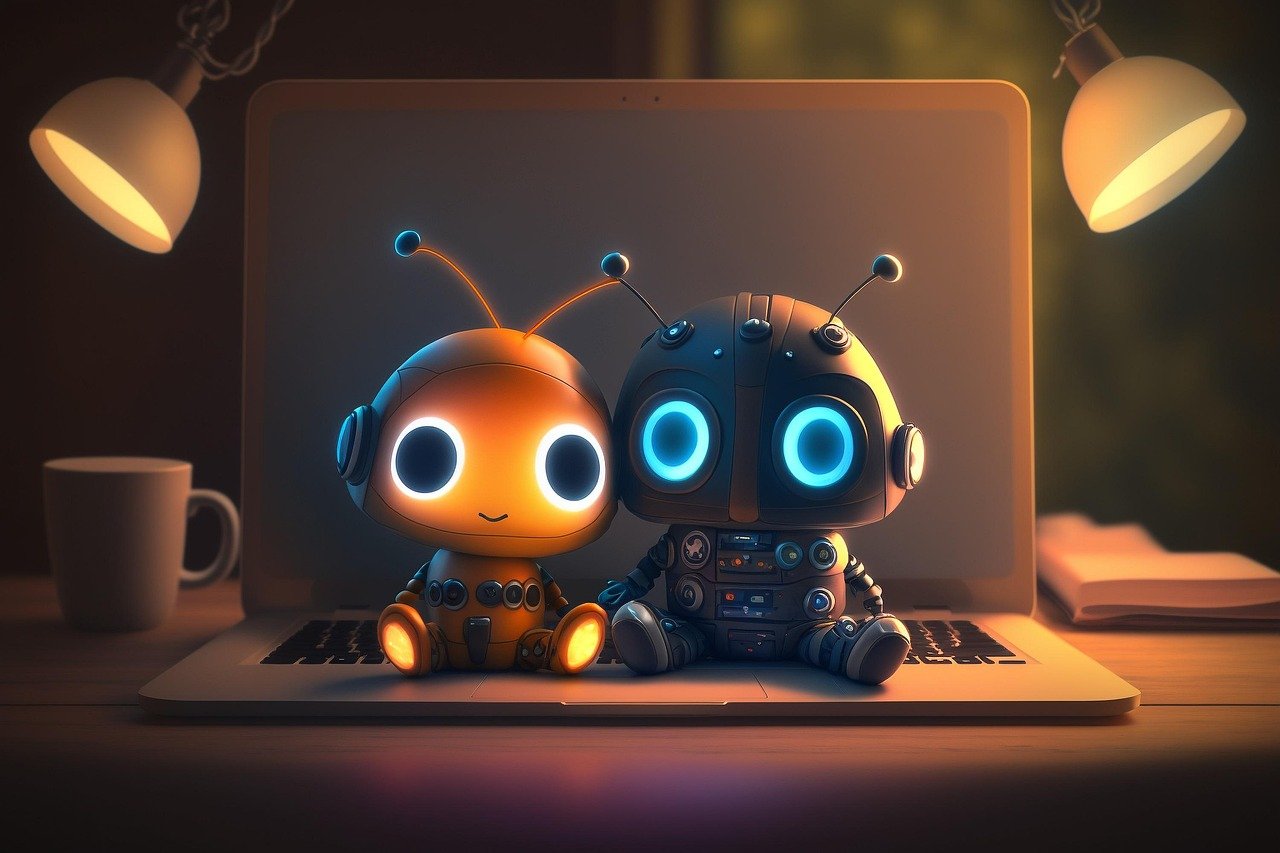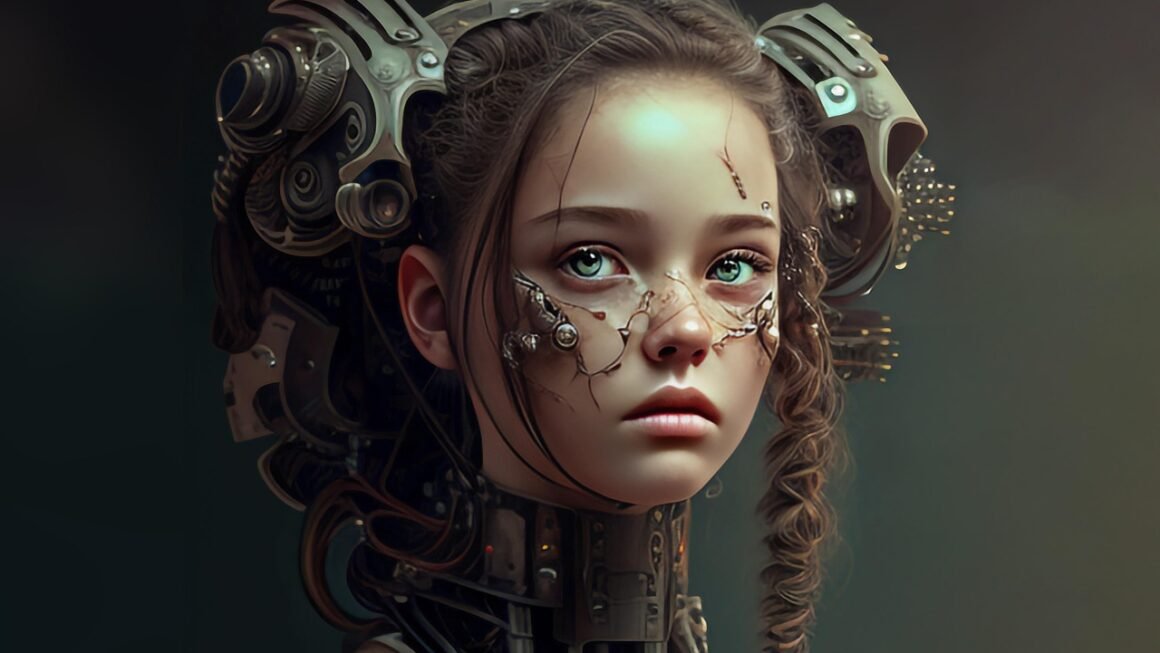Intelligent agents are rapidly transforming how we interact with technology and the world around us. From virtual assistants in our smartphones to sophisticated software automating complex business processes, these agents are designed to perceive their environment, make decisions, and take actions to achieve specific goals. Understanding intelligent agents is crucial for anyone interested in the future of artificial intelligence and its impact on our lives.
What Are Intelligent Agents?
Defining Intelligent Agents
An intelligent agent is an autonomous entity, whether physical or virtual, that observes its environment through sensors, acts upon that environment through actuators, and directs its activity towards achieving goals. Key characteristics include:
- Autonomy: The ability to operate without direct human intervention.
- Perception: The capability to gather information about the environment using sensors.
- Action: The ability to perform actions to affect the environment.
- Goal-Oriented: Driven by a specific objective or set of objectives.
- Learning: The capacity to improve performance over time based on experience.
In essence, intelligent agents are designed to mimic human-like decision-making in various scenarios.
Types of Intelligent Agents
Intelligent agents come in different forms depending on their application and architecture. Some common types include:
- Simple Reflex Agents: These agents react directly to percepts based on predefined rules. They have no memory of past states. Example: A thermostat adjusting temperature based on current readings.
- Model-Based Reflex Agents: These agents maintain an internal state (a “model”) to keep track of aspects of the world that aren’t evident in the current percept. Example: A car’s cruise control system using speed and distance sensors.
- Goal-Based Agents: These agents use a goal description to determine which actions will achieve their objective. They consider the consequences of different actions. Example: A route planning application like Google Maps.
- Utility-Based Agents: Similar to goal-based agents, but they also consider how “happy” they will be with the resulting state. They choose actions that maximize their utility. Example: A trading bot in the stock market aiming to maximize profit while minimizing risk.
- Learning Agents: These agents can improve their performance over time through learning. They typically have a learning element, a performance element, a critic, and a problem generator. Example: A spam filter that learns to identify new spam emails based on user feedback.
The Architecture of Intelligent Agents
The Basic Structure
An intelligent agent’s architecture can be conceptually broken down into several components:
- Sensors: Devices or software components that perceive the environment. Examples include cameras, microphones, and data feeds.
- Actuators: Components that perform actions in the environment. Examples include motors, speakers, and network interfaces.
- Percepts: The data received by the sensors, representing the agent’s perception of the environment.
- Environment: The external world that the agent interacts with.
- Agent Function: A mapping from percept sequences to actions. This defines the agent’s behavior.
- Program: The specific implementation of the agent function, often involving algorithms and data structures.
How Intelligent Agents Make Decisions
The decision-making process varies depending on the agent type. However, a common process involves:
- Perception: Gathering information from the environment through sensors.
- Representation: Creating an internal representation of the current state of the environment.
- Reasoning: Using logical inference, planning, or other techniques to determine the best course of action.
- Action: Executing the chosen action through actuators.
- Learning: Updating the agent’s knowledge and behavior based on the outcomes of previous actions.
For example, a self-driving car uses sensors like cameras and lidar to perceive its environment. It then uses algorithms to understand the scene, plan a route, and control the steering, acceleration, and braking systems.
Practical Applications of Intelligent Agents
Virtual Assistants
Virtual assistants like Siri, Alexa, and Google Assistant are prominent examples of intelligent agents. They use natural language processing (NLP) and machine learning to understand user requests and perform tasks such as:
- Setting alarms
- Playing music
- Making phone calls
- Providing information
- Controlling smart home devices
Actionable Takeaway: Explore the capabilities of your virtual assistant and learn how it can streamline your daily tasks. Experiment with different commands and settings to personalize your experience.
Recommendation Systems
E-commerce platforms and streaming services rely heavily on recommendation systems powered by intelligent agents. These systems analyze user data, such as purchase history, browsing behavior, and ratings, to suggest products or content that the user might be interested in. Examples include:
- Amazon’s product recommendations
- Netflix’s movie and TV show suggestions
- Spotify’s personalized playlists
Statistics: According to McKinsey, personalization techniques, like those used in recommendation systems, can increase revenue by 5-15%.
Robotic Process Automation (RPA)
RPA uses intelligent agents to automate repetitive and rule-based tasks in business processes. RPA bots can perform actions such as:
- Data entry
- Invoice processing
- Customer service inquiries
- Report generation
Benefits of RPA:
- Increased efficiency and productivity
- Reduced errors
- Lower operating costs
- Improved employee satisfaction by freeing them from mundane tasks
Healthcare Applications
Intelligent agents are making significant strides in healthcare. Applications include:
- Diagnostic assistance: AI-powered tools can analyze medical images (e.g., X-rays, MRIs) to detect diseases early.
- Drug discovery: Agents can simulate and analyze potential drug candidates to accelerate the drug development process.
- Personalized medicine: Tailoring treatment plans based on individual patient data.
- Remote patient monitoring: Agents can monitor vital signs and alert healthcare providers to potential problems.
Challenges and Future Directions
Ethical Considerations
As intelligent agents become more sophisticated, it’s crucial to address ethical concerns such as:
- Bias: AI algorithms can perpetuate and amplify biases present in the data they are trained on.
- Transparency: It can be difficult to understand how an agent arrives at a particular decision, raising concerns about accountability.
- Privacy: Agents that collect and process personal data raise privacy concerns.
- Job displacement: Automation by intelligent agents may lead to job losses in some industries.
Actionable Takeaway: Support organizations and initiatives that promote responsible AI development and deployment.
Advancements in AI
The future of intelligent agents is closely tied to advancements in AI technologies, including:
- Deep Learning: More powerful neural networks are enabling agents to learn from complex data and perform more sophisticated tasks.
- Reinforcement Learning: Agents can learn through trial and error, optimizing their behavior based on rewards and penalties.
- Natural Language Processing: Improved NLP is enabling agents to communicate more effectively with humans.
- Explainable AI (XAI): Efforts to make AI decision-making more transparent and understandable.
The Future of Intelligent Agents
We can expect to see intelligent agents become even more integrated into our lives in the coming years. Future trends include:
- More personalized experiences: Agents will be able to tailor their behavior to individual preferences and needs.
- Greater autonomy: Agents will be able to operate more independently, making decisions without human intervention.
- Wider adoption in various industries: Intelligent agents will play an increasingly important role in sectors such as manufacturing, transportation, and finance.
- Human-AI collaboration: Agents will work alongside humans, augmenting their capabilities and helping them make better decisions.
Conclusion
Intelligent agents are already reshaping our world, and their impact will only continue to grow. Understanding the principles, applications, and challenges associated with these agents is essential for navigating the future. By embracing these technologies responsibly, we can harness their power to improve our lives and solve some of the world’s most pressing problems.



